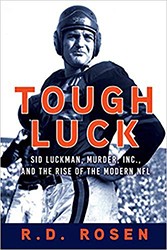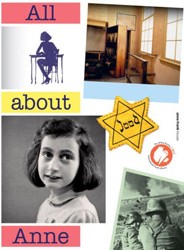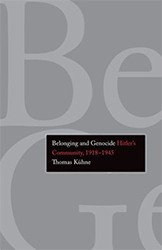This fantastic book explores the consequences, psychological and otherwise, to Holocaust survivors who survived the Holocaust by hiding when they were children. In the first part of the book, Rosen describes different experiences of hiding through the stories of three survivors, Sophie, Flora, and Carla. Sophie’s mother replaced her daughter’s identity, convincing the young girl that the two were Catholic and drilling into Sophie many Catholic beliefs and teachings so that no one would suspect otherwise. Flora’s mother gave her daughter to nuns, who called her by a different name, and a Christian family eventually adopted her. Carla, her mother, and her brother hid in a Christian family’s apartment, and she married a fellow survivor after the war. Rosen tells the childhood stories clearly and compellingly, and follows the girls into adulthood as well so that readers know how the stories turn out.
Helpfully for the reader looking for meaning – and importantly as an addition to the scholarship of the Holocaust – these stories are just the beginning of Rosen’s analysis. The stories set the stage for the next two parts, which explore the consequences, especially psychological, to hidden child survivors, many of whom shared similar experiences to those experienced by Sophie, Flora, and Carla. The second part focuses on the First International Gathering of Children Hidden during World War II and especially how survivor attendees grappled with the lingering emotions – primarily of abandonment and isolation – resulting from sharing stories of losing family members, hiding, surviving, and living after the Holocaust. Rosen recounts Sophie, Flora, and Carla’s experiences at the conference, but also adds stories of hiding from other survivors attending the conference who were children during the war. The third part summarizes the emotional impacts, especially the impacts to Jewish identity, of these experiences, and also mentions the on-going research into less-known aspects of hiding, for example, the sexual abuse of the children by their protectors.
Such Good Girls is captivating yet educational, and all the more gratifying to read because Rosen communicates plainly and in an organized manner. The book is appropriate for anyone interested in learning more about the Holocaust, and especially readers interested in learning more about the range of experiences of child survivors outside concentration camps.
Related content:
Read R. D. Rosen’s Posts for the Visiting Scribe
Occupational Hazards and Emotional Realities in Writing about the Holocaust




